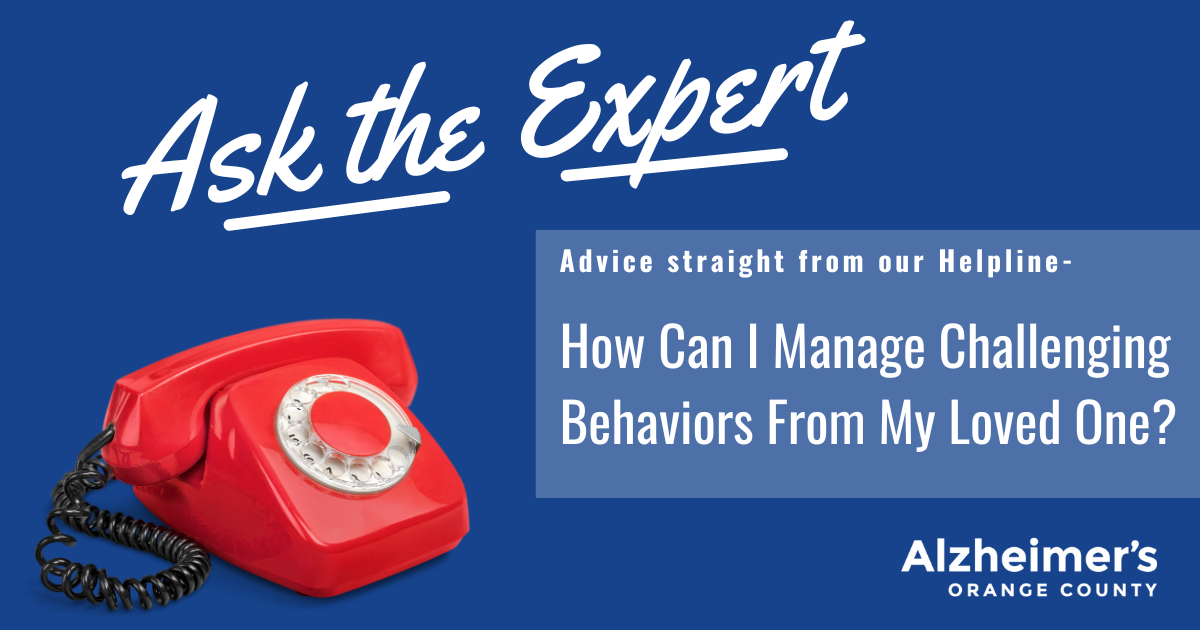Managing challenging behaviors from someone living with dementia can feel overwhelming, but it doesn’t have to be. With patience, empathy, and a tailored approach, you can create a more peaceful, supportive environment for you and your loved one.
Complex behaviors such as agitation, refusal to bathe or eat, aggression, or restlessness are often a form of communication. When words fail, actions become the only way a person with dementia can express how they feel.
Understanding what drives these behaviors is the first step.
Why Do Challenging Behaviors Happen?
Behaviors are often triggered by unmet physical or emotional needs, such as:
- Pain or discomfort
- Hunger or thirst
- Fatigue or overstimulation
- Fear, confusion, or frustration
- Unmet emotional or physical needs
Once we start seeing the behavior as a message instead of a problem, we can respond with compassion rather than frustration.
Using Positive Reinforcement: A Compassionate Approach
Positive reinforcement means encouraging the behaviors you want to see. Here’s how to do it effectively:
1) Acknowledge and Praise Positive Behavior
- Catch them doing something helpful
- (Example: “Great job pushing the chair in.”)
2) Use Encouragement to Build Confidence
- Gentle words go a long way.
- (Example: “You’re doing great.”)
3) Offer Reassurance Often
- Example: “You’re safe, I’m here.”
4) Redirect with Purpose
- Shift their focus to something soothing like music, art or favorite object
5) Maintain Consistency
- Stick to familiar routines and schedules
- Limit major changes that could cause confusion
6) Create a Supportive Environment
- Make your space safe, uncluttered, and familiar
- Reduce noise or overstimulation
- Add calming elements like soft lighting or gentle music
7) Stay Calm and Patient
- Take deep breaths before responding
- Try different strategies if one doesn’t work
- Your calmness reinforces their calmness
Pro Tip:
Remember every person is different. What may work for one, may not work for others. It is recommended to keep a behavior journal to track what works. Write down what you did and how they responded. Over time, you’ll identify patterns and strategies that are most effective.
Remember: You’re Not Alone
Managing difficult behaviors isn’t easy, but with the right tools and support, it can become more manageable and less stressful. For support and guidance, call our free helpline at 844-373-4400, available Monday through Friday, 8:30 a.m. – 5:00 p.m.
Additional Reading:
Anger, Frustration and Fighting
Learn more on how to help your loved one with their feelings and actions. Read here.
Coping With Agitation and Aggression
Remember to stay informed and find the root of what is causing the behavior. Read here.
Rummaging and Hiding Things
Be vigilant and remember to take safety measures to ensure your loved ones safety. Read here.


